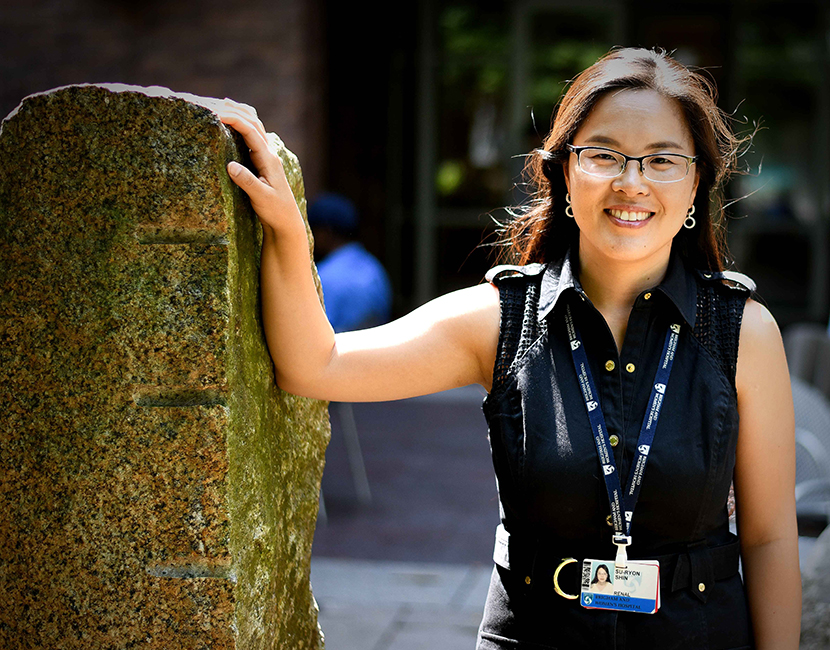
Research Scientist, Department of Medicine, Brigham and Women’s Hospital
Assistant Professor, Harvard Medical School
Harvard-MIT Health Science and Technology
Indranil Sinha, MD
Principal Investigator, Skeletal Muscle Regeneration, Brigham and Women’s Hospital
Assistant Professor, Harvard Medical School
Olivier Pourquie, PhD
Department of Pathology, Brigham and Women’s Hospital
Professor, Harvard Medical School
Using connective tissue biomaterials to improve muscle regeneration
For trauma patients who lose a large amount of muscle tissue, the most promising therapeutic strategy is to transplant engineered, clinically relevant, and functional skeletal muscle grafts using the patient’s own -stem cells. However, producing skeletal muscle tissue from pluripotent stem cells that can mimic the native architecture and mechanical properties of a patient’s muscle tissue is still a challenging pursuit because of current technological limitations.
For her Stepping Strong Breakthrough Award, Su Ryon Shin, along with collaborators Olivier Pourquie and Indranil Sinha, have addressed this obstacle by introducing a novel stem cell engineering approach: a new differentiation protocol that uses stem cell fate-controlling biomaterials. By creating suitable microenvironments, the team has been able to develop connective tissue-layered skeletal muscles that are customized to the needs of individual patients.
Not only does this advanced technology have the ability to create significant economic savings by treating muscle trauma without requiring muscle organ donors; the approach, when used along with novel biomaterials, also has the potential to produce unlimited amounts of genetically-defined human muscle grafts, paving the way for enhanced muscle regeneration.
Su Ryon Shin, PhD, received a doctoral degree from Hanyang University, South Korea. In 2010, she joined the staff at the Brigham and Harvard Medical School (HMS) as a postdoctoral research fellow in the Division of Engineering in Medicine. Shin was promoted to instructor at HMS in 2014 and became affiliated with the Wyss Institute for Biologically Inspired Engineering and the Harvard-MIT Division of Health Sciences and Technology. Today, Shin is an assistant professor of medicine at the Brigham and HMS. Her interdisciplinary approach has earned her a growing international reputation for her work in nanomaterials science, regenerative medicine, and biomedical engineering.
RELATED ARTICLES:
Protecting Frontline Workers with 3D-Printed Face Shields
Light‐Controlled Growth Factors Release on Tetrapodal ZnO‐Incorporated 3D‐Printed Hydrogels for Developing Smart Wound Scaffold
